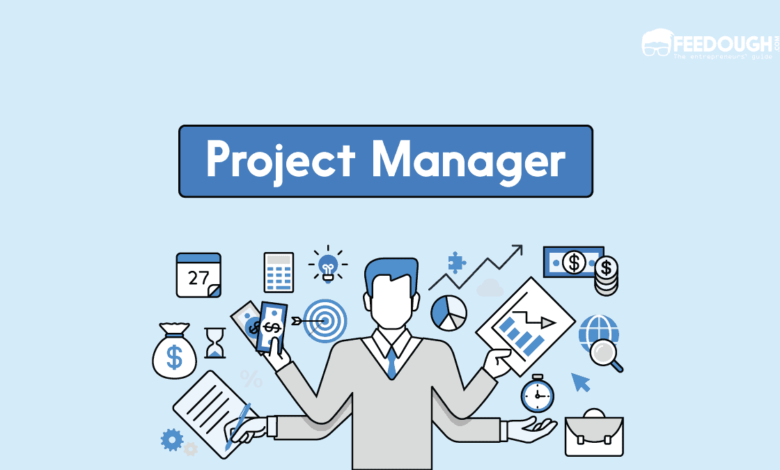The Role of a Project Manager: Navigating Success Through Effective Leadership

Introduction
In today’s dynamic and rapidly evolving business landscape, effective project management has become the cornerstone of successful ventures across industries. A project manager (PM) serves as the linchpin, orchestrating the myriad components of a project to achieve predetermined objectives within the constraints of time, budget, and scope. This article delves into the multifaceted role of a project manager, elucidating their responsibilities, skills, and strategies that are crucial for steering projects to triumph.
The Project Manager’s Responsibilities
A project manager shoulders an array of responsibilities throughout the project’s lifecycle, from conception to completion. These include:
- Project Planning: The initial phase involves defining project goals, scope, timelines, and resource allocation. A PM meticulously outlines the project’s roadmap and creates a comprehensive plan to guide the team.
- Team Management: A project manager is responsible for assembling the right team with the requisite skills and expertise. Nurturing a collaborative environment, facilitating effective communication, and resolving conflicts are all integral aspects of team management.
- Resource Allocation: Efficiently distributing resources, such as manpower, finances, and equipment, is vital for maintaining project momentum and ensuring all requirements are met.
- Risk Management: Identifying potential risks and devising contingency plans to mitigate their impact is a critical role of the project manager. Proactive risk assessment and management contribute to successful project outcomes.
- Progress Monitoring and Reporting: Keeping a vigilant eye on project progress, milestones, and key performance indicators allows the PM to ensure the project stays on track. Regular status reports and updates to stakeholders keep all parties informed.
- Scope Management: Preventing scope creep, which involves unauthorized expansion of project objectives, is essential to avoid project delays and cost overruns. The PM must rigorously manage and control project scope.
- Quality Assurance: Ensuring that deliverables meet the defined quality standards is imperative. A project manager must implement quality assurance processes and monitor the quality of work at every stage.
- Communication and Stakeholder Management: Establishing clear lines of communication with stakeholders, clients, and team members is pivotal. The PM acts as a bridge between various stakeholders, ensuring that their expectations align with project outcomes.
Key Skills of a Project Manager
- Leadership: Effective leadership is paramount for guiding teams towards shared objectives, fostering motivation, and creating a cohesive work environment.
- Communication: Exceptional communication skills enable a project manager to articulate ideas, delegate tasks, and address concerns with clarity and precision.
- Problem-Solving: The ability to identify challenges, devise innovative solutions, and make timely decisions is indispensable in overcoming obstacles during the project lifecycle.
- Time Management: Given the time-sensitive nature of projects, a project manager must excel in time management, prioritization, and deadline adherence.
- Negotiation: Negotiation skills come into play during resource allocation, conflict resolution, and stakeholder management. PMs need to find mutually beneficial solutions.
- Technical Proficiency: Depending on the industry, a project manager may require a certain level of technical knowledge to understand and navigate project intricacies.
Strategies for Successful Project Management
- Agile Methodology: Agile project management emphasizes flexibility, adaptability, and iterative development. It suits projects with evolving requirements and fosters collaboration.
- Waterfall Methodology: This traditional approach involves sequential stages, ensuring each phase is completed before moving to the next. It suits projects with well-defined and stable requirements.
- Risk Management Frameworks: Utilizing established risk management frameworks helps PMs identify, assess, and mitigate risks effectively.
- Continuous Improvement: Embracing a culture of continuous improvement allows project managers to refine processes based on lessons learned from previous projects.
- Data-Driven Decision-Making: Leveraging data and analytics enables informed decision-making, enhancing the likelihood of project success.
Conclusion
In the intricate dance of project management, the project manager is the conductor orchestrating the symphony of tasks, talents, and timelines. Their leadership, communication, and problem-solving skills, combined with effective strategies, determine whether a project becomes a triumph or a stumble. With the right blend of expertise and finesse, a project manager guides teams towards their destination, navigating challenges and uncertainties with grace, and ultimately achieving success in a competitive and ever-changing business landscape.











